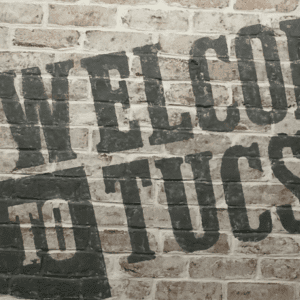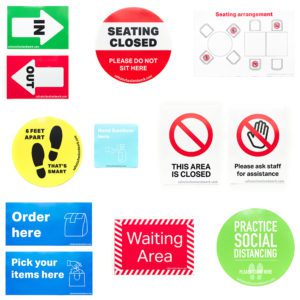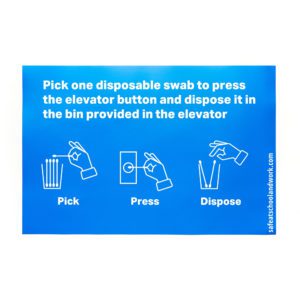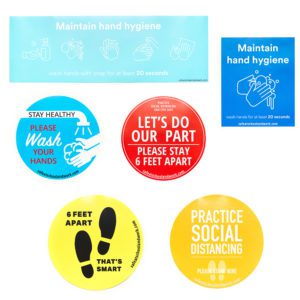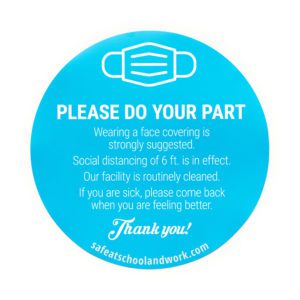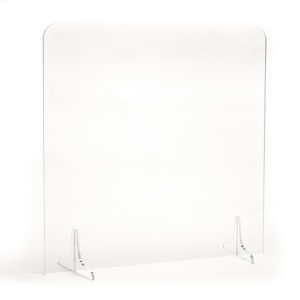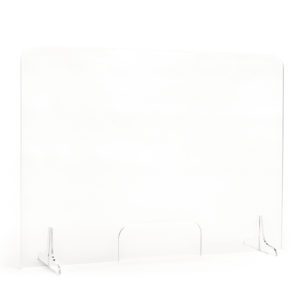

It seems as soon as you’ve conquered one wave, it crashes, and another crests right behind you. We have to stay up and ready for the next challenge in this world. The ocean teaches us this lesson. And so does everyday life.
It’s no different in the hospitality industry. Staying ahead of the curve or offering superior service and care can make or break a corporation’s reputation. The latest trend in hospitality is ESG. If you aren’t sure what this acronym stands for, you are not alone. It’s Environmental, Social, and Governance. It will soon be as common as the phrase “diversity and inclusion.”
The hospitality industry has determined that the way forward, towards even greater success, is to implement ESG into every hotel. Both the Energy & Environment Alliance (EEA) and Sustainable Hospitality Alliance (SHA) have been created to ensure best practices of sustainability, as well as resources to that end. These organizations provide knowledge on green construction, water stewardship, and human rights.
Environmental
It’s easy to discern that the hospitality industry has a lot of waste. After all, luxury is a part of the vacation vibe, and every resort hotel works hard to meet that expectation. But somewhere along the way, we’ve realized it isn’t going to work long-term.
This is more than reusing shampoo bottles or closing the blinds to keep the rooms cooler. Most hotels now leave a notecard in the room explaining to guests that they don’t clean rooms or replace towels daily unless requested. Some hoteliers have printed new “Do not disturb” door hangers. If you need fresh towels or a room cleaning, you can request it with the door sign. This is the new norm. Carbon neutrality is serious business, especially for hotels.
Leading hoteliers, including Accor, Hilton, and IHG have all committed to decreasing their carbon footprint by at least 50 percent over the next decade. This includes carbon emissions for productivity, as well as choosing products that require less carbon to create and transport.
Social
Diversity and inclusion efforts are growing by leaps and bounds across corporate America. This includes the hospitality industry. We are seeing greater consideration being given to everyone, including those with “invisible” challenges such as Asperger’s or mental health concerns.
Known for long hours, hard work, and low wages, hospitality has long been a “love it” or “hate it” work industry. As a result, management reassessed employee relations. It was determined that maintaining the well-being of employees helped to ensure the satisfaction of guests.
Additionally, it has been noted that hotels are starting to use more natural products, particularly for cleaning – to ensure better health for both employees and guests.
Governance
Ethical consumerism is a powerful way to prove both environmental and social responsibility. Just as millennials and Gen Z consciously choose who they purchase from, hoteliers can and are doing the same. Ensuring that products aren’t made using child labor or with an abundance of carbon emissions are among the methods in which corporations can reduce their carbon footprint.
As farmer’s markets have become popular again, so is buying locally for hotels. The best chefs know that fresh ingredients, grown locally and transported briefly equate to a delicious meal and intelligent carbon choices.
Some hoteliers are also focusing on promoting local experiences. This affords guests an insight into traditional customs and culture that elevate a visitor’s adventure. At the same time, this helps to sustain the environment with fewer carbon emissions from cars and more carbon-friendly air from walking or biking for sightseeing.
ESG premium
ESG is believed to be costly to implement. Investors or stockholders want to make a profit and how does ESG affect that bottom line? Some consider ESG to have a premium attached to it that may not be worth investing in. But it turns out, sustainability can be profitable. It reduces costs for water and electricity – monthly.
More importantly, ESG affects our culture, our environment, and our quality of life in a very constructive manner. If employees are healthier and happier, aren’t they more likely to be productive? Perform at maximum potential? The answer is “yes.” And that productivity can and will impact your profit margin in a positive way.
The ESG challenge
Anytime we assess profit or ROI, we must also look at the long-term impact of our choices. Hoteliers are in it for the long haul. They spend millions, if not billions building a single hotel or resort.
Now we know – if we use green standards in the construction process then maintaining low carbon emissions or obtaining carbon neutrality is much easier. Building smart from the ground up means implementing energy-efficient systems, from HVACs to heat boilers for water systems, that will keep your ongoing carbon emissions low. More importantly, they pay for themselves swiftly. This is what it means to erect sustainable buildings. And hotels are stepping up to bat.
Sustainable hotels in the U.S.
From the east coast to the west coast, luxury hoteliers are implementing environmental initiatives intended to support the “carbon zero by 2050” goal. The many ways in which these organizations are supporting the green movement are truly innovative. Take in the details from our examples below.
The 1 Hotel in Miami Beach, Florida has incorporated green initiatives in almost every aspect of their experience. From fresh food that’s sustainably sourced from local farmers and fishermen to the organic cotton staff uniforms, 1 Hotel is focused on carbon neutrality. Furthermore, hotel rooms are equipped with the highest-grade water filters and an eco-friendly Ipura Dry Cleaning Machine. This is how we make ESG benefit the guest and employees while ensuring the highest quality of service.
This LEED Silver property in Miami offers 600 feet of Atlantic Ocean beach, an electric house car, as well as, monthly candlelit Dark Sky events in the lobby to raise awareness of global brightening. This hotel is making a big splash in sustainability.
The Cape Elizabeth Inn, in Maine is located on the coast. They have taken recycling to “next level” heights. Guest rooms are stocked with natural, American-made products that are not only packaged in recycled containers but also displayed on recycled platters. The Spa walls are made from recycled sheetrock. And the flooring in the gym is made from recycled rubber.
However, recycling isn’t the extent of the inn’s initiatives. Their linens program helps fund habitat restoration for the endangered native cottontail bunnies. The Cape Elizabeth also offers garden tours to explore the hotel’s 5 acres of indigenous seaside gardens. This effort highlights the surrounding natural wildlife with food and habitat and entertains guests on foot rather than in an automobile.
The Ritz-Carlton, Charlotte – Charlotte, North Carolina. This luxury hotel is the first LEED Gold-certified hotel in Charlotte, North Carolina, as well as the Ritz-Carlton hotel chain. The most intriguing of their sustainable features is a green roof and garden with two beehives. This design element helps keep the building cooler while providing herbs and honey for the kitchen. This hotel includes an electric vehicle charging station and employees wear uniforms made from recycled plastic bottle materials.
Viceroy Snowmass – Snowmass Village, Colorado. This hotel is also LEED Gold-certified. Moreover, it is 30 percent more energy-efficient than similar traditional properties thanks to an energy management system, high-performance windows, and improved insulation. All cleaning products are non-toxic and hypoallergenic. Shampoo and conditioner bottles get cleaned and resealed to limit waste.
As you have read, hotels – even luxury hoteliers are taking sustainability in their facilities seriously. Changes are being implemented that support environmentalism, social responsibility, and governance.
How NGS fits into ESG
Hotels typically have tons of windows. Maintaining guest rooms, most with individual A/C units is a huge challenge and increases a hotelier’s carbon emissions. Glass windows and doors are conduits for solar rays. This allows heat into a building and increases the temperature within.
As temperatures increase, inhabitants’ comfort can decrease, particularly during warmer months. Guests think nothing of turning down the thermostat to 60 degrees on a 100-degree day. Consequently, HVAC systems go into overdrive, and carbon emissions increase. Any innovations that can reduce that solar heat from entering a building or hotel, are considered beneficial. Solar window film is the most cost-effective answer.
NGS is the leading installer of window film in the country. Hotels are high on our list of projects. Installing the right window film on any building, particularly large hotels, ensures the best possible deterrent of unwanted heat within a space. The right solar window film can reduce the temperature in a room by approximately seven to ten degrees on a hot summer day. This too can help reduce a hotelier’s carbon footprint.
Your next hotel visit
If sustainability is your bag, consider packing up and visiting one of these hotels for your next vacation or business trip. Is it possible to support sustainability by traveling? If you choose the right hotels – yes. And we’ve provided you with a brief list across the country. The best news is… there are more!
The next time you stay at a hotel by the ocean, think about ESG and how it may be impacting your stay. We have a choice regarding where we vacation and how we spend our money. By supporting hoteliers who are implementing ESG, we are participating in environmentalism on a mass level. And that feels like a wave we can all surf.
Photo by Ph B













































